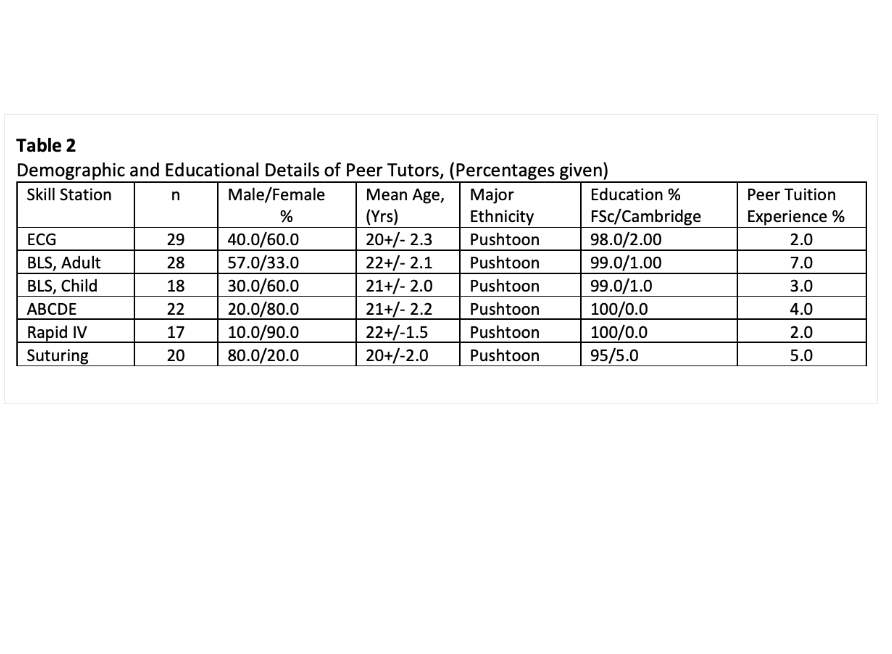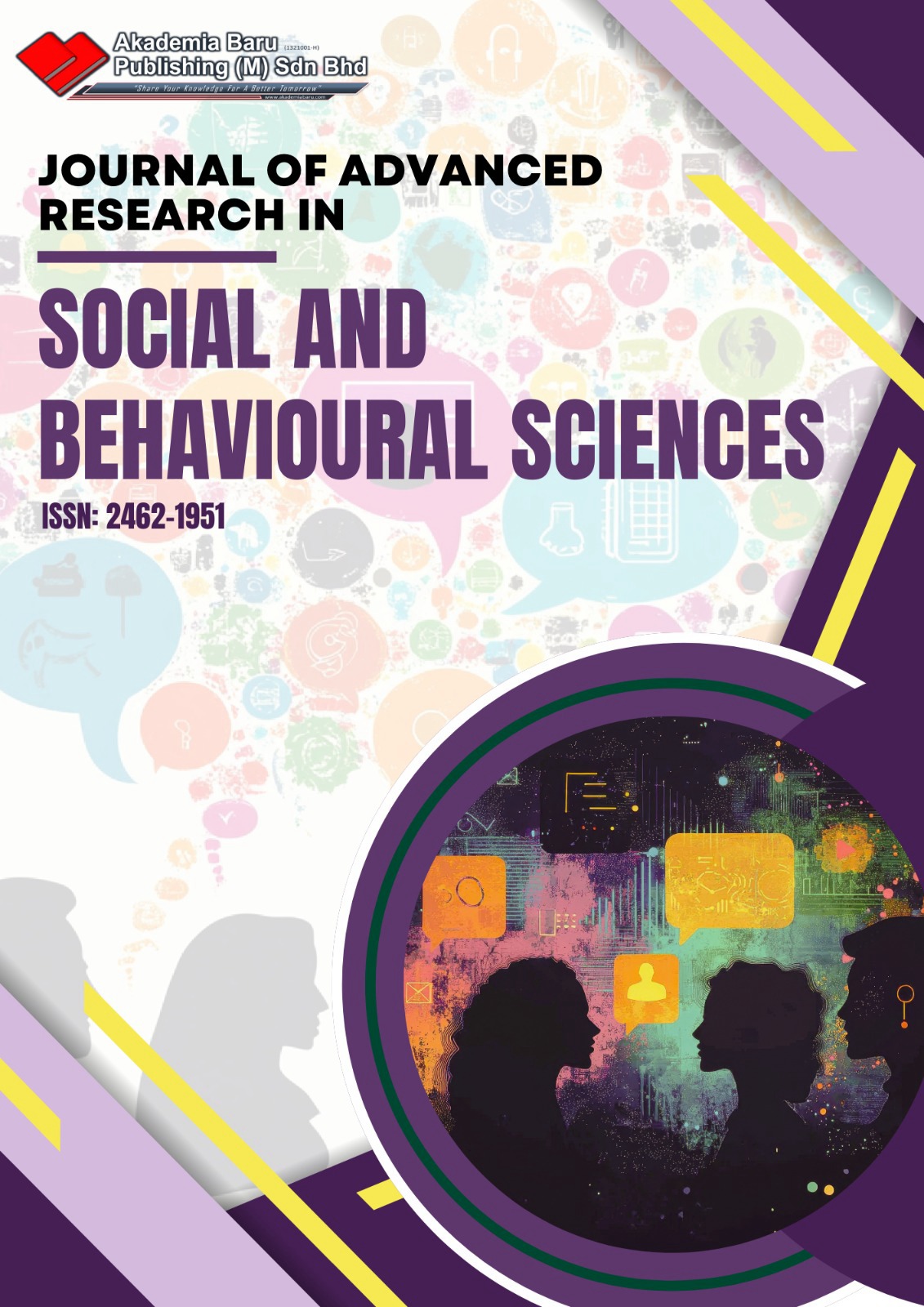Demonstration of Ability to Teach and Assess Life Saving Skills by First Year Medical and Dental Students Using Peyton’s Four Steps; A Randomized, Single Blind, Controlled Educational Trial in Skills’ Lab
Keywords:
simulation based medical education, Peyton’s four steps, skill lab , BLS, peer tuitionAbstract
Teaching of life saving skills by trained peer tutors in skill labs is an effective educational strategy. Demand for professionals trained in skills has led to an increase in need for trained clinical instructors. Peer tuition is expected to overcome this problem to some extent. Learning such skills on real patients poses several ethical dilemmas. Skill labs provide a safe and effective alternative to patients. Present study is aimed at studying the progress in learning and ability to teach and assess performance of selected life saving skills by peer tutors using Peyton’s Four steps of skill acquisition. This is an experimental study with randomized, single blind, controlled educational intervention based protocol. 134 pre-clinical students were trained by the Skills Committee to become peer tutors according to Peyton’s Four steps. Ability to teach and assess skill was compared between peer tutors and conventional teachers. Peer tutors’ progress was also recorded over successive sessions. Finally, pre and post-test scores of 657 peer tutees were analysed. Peer tutors showed significant improvement in scores over successive sessions. Ability to teach and assess skills by peer tutors surpassed that of clinical instructors, as assessed by blinded assessors according to Peyton’s Four steps. Peer tutees showed significant improvement in post-test scores over pretest. Clinical students did not show statistically significant improvement in Adult and pediatric BLS and Suturing skills. Peer tutors trained in Skills Labs according to Peyton’s four steps are as effective or better than clinical instructors in teaching and assessing performance of selected life saving skills in peer tutees.











